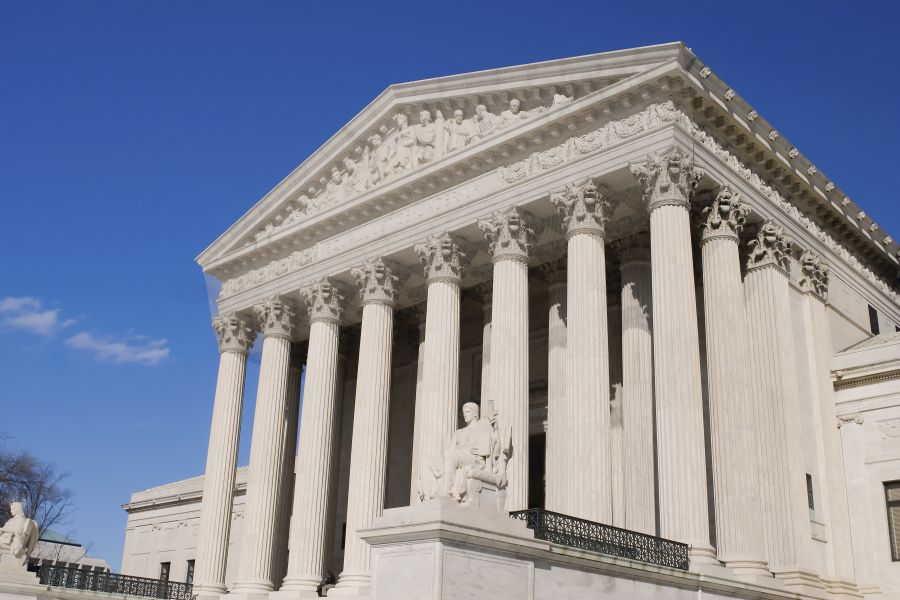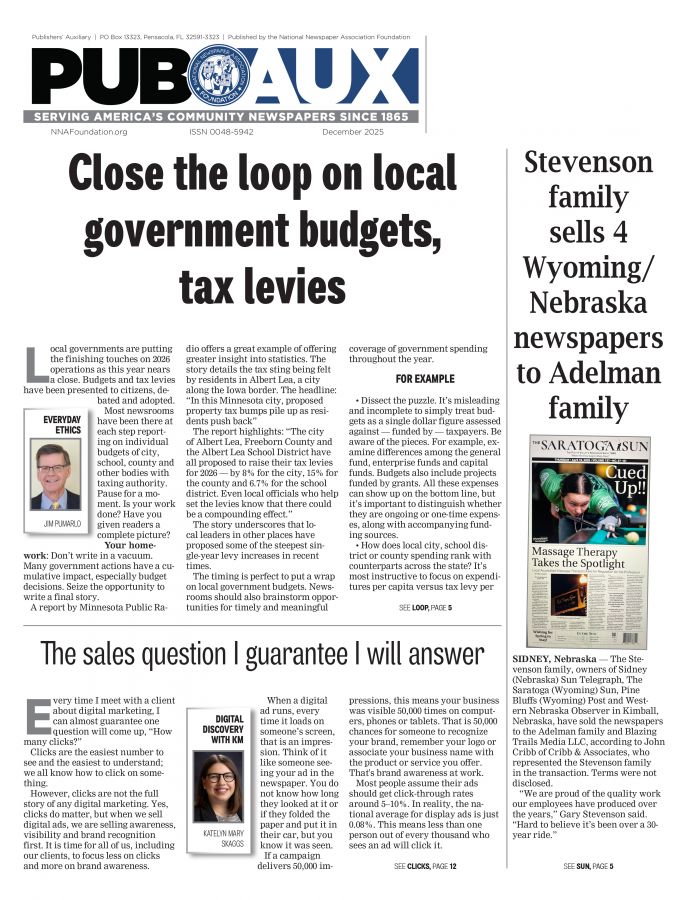The next battle against government funding in religious schools?
First Five by the Freedom Forum Institute
Jul 9, 2020

BENJAMIN MARCUS
Download a Word doc here.
The U.S. Supreme Court has set the stage for new battles about government funding for private religious schools. By ruling that state governments choosing to subsidize private education must offer equal treatment to religious and secular schools, at least in the context of vouchers and tax credits, the court has put in place new obstacles for advocates who say taxpayer money should never fund religious education — even indirectly.
On June 30, the U.S. Supreme Court ruled in Espinoza v. Montana Department of Revenue that a “no-aid” clause of the Montana Constitution — which bars even indirect government aid to a school “controlled in whole or in part by any church, sect, or denomination” — violates the Free Exercise Clause of the U.S. Constitution. According to the court, the no-aid clause of the Montana Constitution cannot prohibit indirect state funding for religious schools (e.g. through vouchers or tax credits) purely because of the schools’ religious “status.”
Chief Justice John Roberts, writing for the court, explained: “A state need not subsidize private education. But once a state decides to do so, it cannot disqualify some private schools solely because they are religious.”
The court based its opinion in Espinoza on a 2017 case, Trinity Lutheran Church of Columbia, Inc. v. Comer. In that case, a church-owned preschool in Missouri was barred from a state-funded grant program that helped non-profits resurface playgrounds. The court ruled that Missouri discriminated against the church-owned preschool “simply because of what it is — a church.” Such status-based discrimination did not stand up to strict scrutiny.
Importantly, the majority in Trinity Lutheran and in Espinoza referred to court precedent in yet another case, Locke v. Davey (2003), which upheld limitations on certain religious uses for state funds. In Locke, Joshua Davey was denied a state-funded scholarship because he wanted to use the funds to support his ministerial training. The court reasoned that Washington State excluded Davey because of how he intended to use the money, not just because of his status as a religious person.
Given the court’s decisions in Espinoza, Trinity Lutheran and Locke, those who oppose even indirect government funding for religious schools might adopt one or more of three legal and legislative strategies — all of which face serious obstacles.
First, state lawmakers could stop subsidizing all private schools, religious or not. Public school supporters — including some religious freedom advocates, like the Baptist Joint Committee for Religious Liberty’s Amanda Tyler — would likely welcome challenges to vouchers and tax subsidy programs, which indirectly support private education. Religious conservatives and “school choice” advocates, including U.S. Secretary of Education Betsy DeVos, would vehemently oppose such a move.
Second, legislators might propose laws or constitutional amendments that prohibit the use of state funds for devotional religious instruction. Such laws and amendments might pass the muster of previous court decisions by limiting how religious institutions use government funds rather than limiting access to state funds purely on the basis of religious status. However, it is not yet clear whether such strategies will succeed before this court. In his concurring opinion in Espinoza, Justice Neil Gorsuch questions the distinction between denials of funds based on religious status versus religious use. He writes: “[I]t is not as if the First Amendment cares.” Justice Sonia Sotomayor might reply, as in her Espinoza dissent, that such an interpretation of the Free Exercise Clause “risks reading the Establishment Clause out of the Constitution.”
Third, policymakers might try to limit state funding to schools that do not abide by neutral antidiscrimination laws. For example, by denying federal funding to any schools that discriminate on the basis of race, color, national origin, sex, disability or age, policymakers might try to block the flow of funds to private religious schools that bar LGBTQ or special needs students. Perhaps foreshadowing future challenges to government-subsidized religious education, groups opposing the Espinoza decision — like Americans United for Separation of Church and State — have already released statements pointing out discriminatory policies among some religious schools.
There is some evidence to think this last strategy might be successful. In a case decided in February 2020, a state advisory committee in Maryland barred a private Christian school, Bethel Christian Academy, from a voucher program because the school violated the program’s antidiscrimination policies. A federal judge in February sided with the Maryland state officials.
But in its July 8 decision in Our Lady of Guadalupe School v. Morrissey-Berru, the court interpreted the ministerial exception to mean that antidiscrimination laws do not protect “members of the school staff who were entrusted most directly with the responsibility of educating their students in the faith” and who “guide their students, by word and deed, toward the goal of living their lives in accordance with the faith.” In his dissent in the Espinoza decision, Justice Stephen Breyer explicitly argues that the subsidy in question in Espinoza will pay for the salaries of teachers and administrators who are classified as “ministers” — and therefore exempt religious schools from antidiscrimination laws that prohibit hiring or firing based on factors including age or disability.
How and whether the decision in Our Lady of Guadalupe School relates to enforcement of antidiscrimination laws in the context of school funding remains to be seen. For that, and many other reasons, it is not yet clear which strategies lawyers and legislators will use to fight upcoming battles against government funding of religious schools. But one thing is certain: the war over government funding of private religious education will continue.










